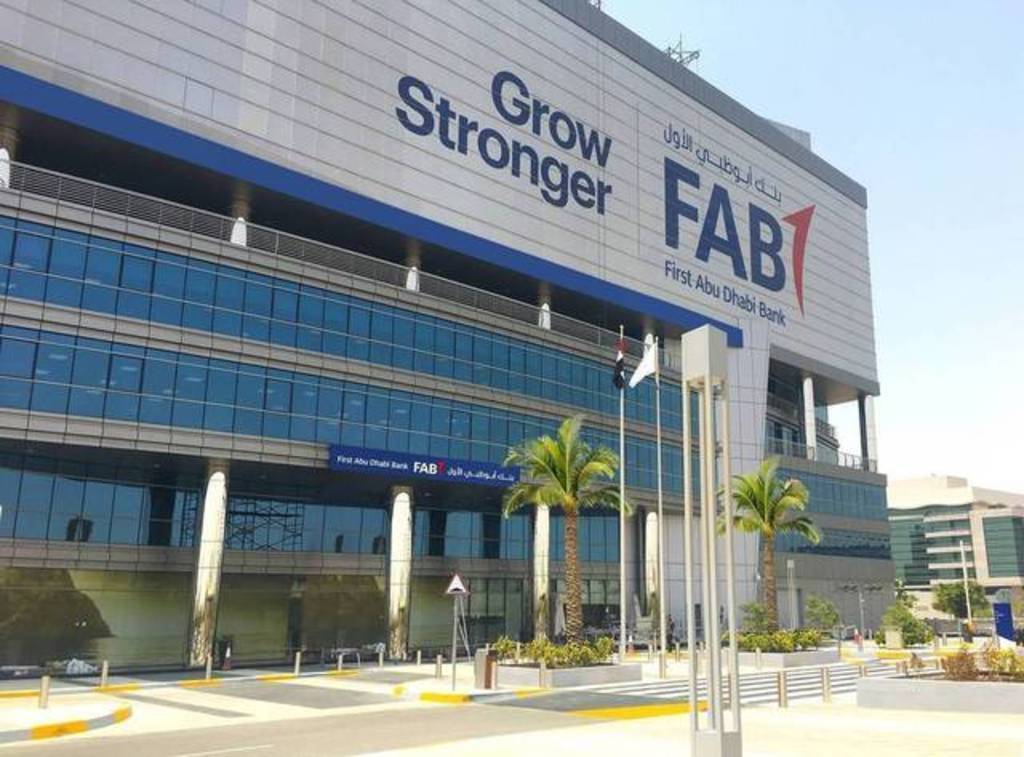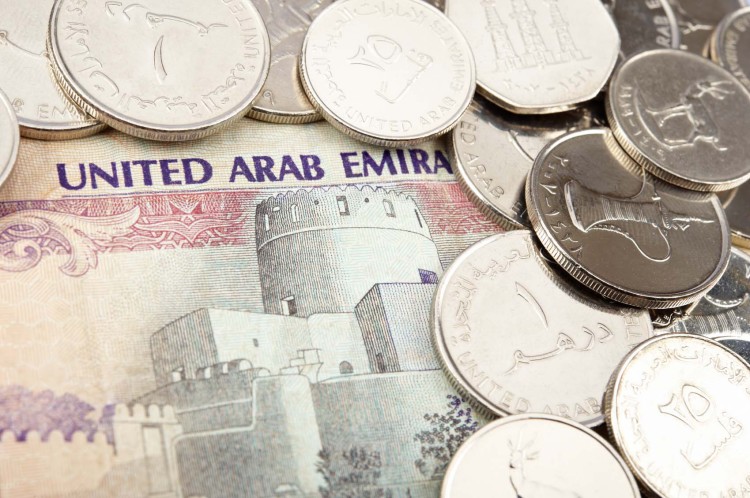By: Mahmoud Gamal
Dubai – Mubasher: Mazen Boustany, partner at Baker McKenzie Habib Al Mulla in the UAE, expects the UAE’s banking sector to see new mergers and acquisitions (M&As) in 2018 following the successful merger carried out by the National Bank of Abu Dhabi (NBAD) and First Gulf Bank (FGB) last year.
In May, NBAD and FGB merged to create First Abu Dhabi Bank (FAB), the largest Islamic banking entity in the region in terms of assets.
Boustany, UAE Head of Financial Services, Regulatory, and Policy, told Mubasher in an exclusive interview that the outlook for the UAE’s banking sector was “optimistic”.

The UAE’s government banks are expected to have liquidity that is in line with Basel III requirements, commented Boustany, who noted that in the event any bank falls below these requirements, they will take the necessary procedures to raise their capital to conform by 2019.
Addressing the real benefit for conforming with Basel III requirements, the top official said that banks would benefit from higher liquidity and capital as well as better governance and low risks.
The Basel III requirements that were announced after the 2008 global financial crisis aimed to reduce banks’ risks as well as ensure that the financial markets crash does not happen again.
As for the forecasts pertaining to a possible merger between the Bank of Sharjah and Invest Bank, Boustany told Mubasher that he expects the merger to be positive especially since both banks are relatively small in the market, and indicated that financial advisors have been appointed for the deal.

Furthermore, Boustany emphasised that similar to the NBAD-FGB merger, M&As were good for banks as they cut down costs, and were positive for the market, resulting in a stronger and more competitive entity. He added that there have been rumours of similar deals in the pipeline; however, nothing has been confirmed yet.
On the impact of the value-added tax (VAT), Boustany told Mubasher that the Central Bank of the UAE had stipulated that banks would incur the VAT on behalf of their customers, and as such, would incur higher charges.
In concept, the VAT is neither beneficial nor negative for the banking sector, as the end customer would pay the VAT. The top official added that the purpose of the VAT was to increase government revenues and reduce reliance on oil and its derivatives.

Commenting on the banking sector’s stance ahead of the Expo 2020 in Dubai, Boustany noted that the sector was active and quickly adapting to technology, with the overall outlook being positive.
Banks are most likely to increase lending to 6% as more investments and projects are forecast to enter the market ahead of the mega event, he added.
In terms of interest rates, he believes that their levels are fair at this point and does not foresee any negative impact from higher rates before the mid-year.
This is assuming that US interest rates continue to rise at their current pace, which is bound by a number of geopolitical and economic factors, Boustany concluded.
Translated by: Nada Adel Sobhi



